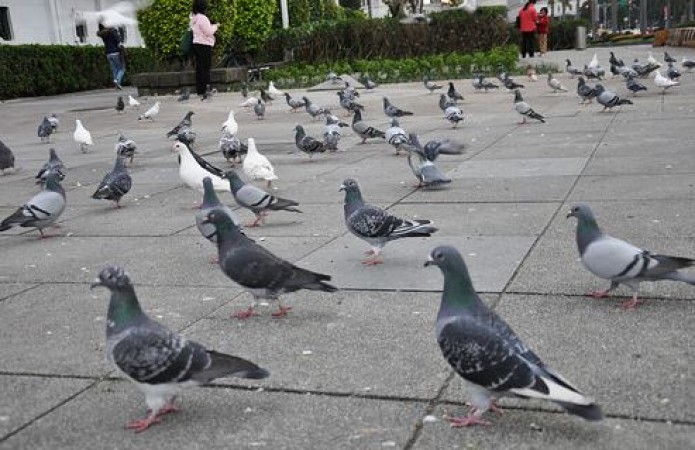
The history of the Olympic Games is filled with remarkable moments and sporting achievements that have left an indelible mark on the world. While modern Olympics showcase a wide range of sports, some of the early editions featured events that were truly unique and, in some cases, unusual. The 1900 Paris Olympics stands out as one of those extraordinary chapters in Olympic history. Held as part of the 1900 World's Fair in Paris, this edition of the Games introduced events that are vastly different from what we see in today's Olympics. Two such events that captured the attention and imagination of spectators were live pigeon shooting and tug of war.
The 1900 Paris Olympics - A Brief Overview
In 1900, the Olympic Games made their second appearance in the French capital, Paris. Unlike the grand spectacle we witness in contemporary Olympics, the 1900 Paris Olympics were held as a sideshow to the larger 1900 Exposition Universelle (World's Fair). As a result, many of the events and competitions were overshadowed by the magnitude of the World's Fair itself.
The Unusual Events at the 1900 Paris Olympics
Live Pigeon Shooting - An Extraordinary Event
One of the most peculiar events in the history of the Olympics was live pigeon shooting. Yes, you read that correctly. In this shocking event, live pigeons were released from traps, and athletes had to shoot them down. The event took place on July 20, 1900, at the shooting range in the forest of Compiègne.
The rules were simple: participants had to shoot down as many pigeons as possible. The victor of this gruesome event was Belgium's Leon de Lunden, who managed to kill 21 pigeons, securing the gold medal. Unsurprisingly, this event was met with significant controversy and was never held again in any future Olympics.
Tug of War - Strength and Teamwork
Tug of war is a familiar game played during school picnics and family gatherings. However, in the 1900 Paris Olympics, it was an official event, and the stakes were much higher. The competition saw teams from various countries participating and tugging with all their might.
Great Britain emerged victorious in the final match, defeating the French team and taking home the gold medal. The event's popularity was evident by the fact that it continued in the subsequent Olympics until 1920.
The Parisian Experience
The 1900 Paris Exposition Universelle
The 1900 Paris Olympics were held in conjunction with the Exposition Universelle, a world's fair that showcased the technological, cultural, and artistic achievements of the era. This dual event provided visitors with a unique opportunity to witness both the Olympics and the grandeur of the World's Fair.
Paris - A City of Art and Culture
Paris, known as the "City of Lights," offered an enchanting backdrop for the Olympic Games. Visitors and athletes had the chance to explore the city's iconic landmarks, indulge in delectable cuisine, and immerse themselves in its rich artistic heritage.
4. Legacy and Impact
Evolution of the Olympics
The 1900 Paris Olympics set a precedent for future games, showcasing the potential for combining global events with the celebration of sportsmanship and competition. Over the years, the Olympics have grown into a grand international spectacle, captivating audiences worldwide.
Lessons Learned
Although the live pigeon shooting event was one of the darkest moments in Olympic history, it serves as a reminder of the importance of ethical considerations when designing sporting events. The Olympics have since shifted their focus towards sustainability, inclusion, and fairness.
The 1900 Paris Olympics will forever be remembered as an extraordinary chapter in the history of the Games. The inclusion of events like live pigeon shooting and tug of war adds a fascinating twist to the traditional narrative of the Olympics. Despite the controversies and oddities, these events played a role in shaping the future of the Olympic movement.
Exploring the New Models of Honda 2 Wheelers
Cutting-Edge Innovations: How Technology is Reshaping the Way We Travel